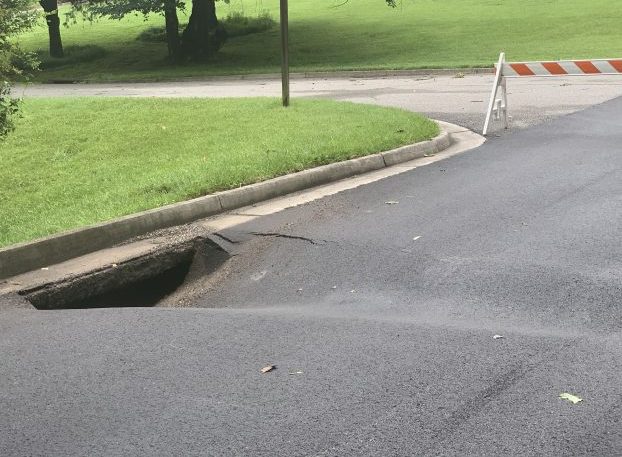The pipeline’s impact
Published 2:13 pm Thursday, May 26, 2016
I think that it is fine that you enjoy living on or near a pipeline (“In support of the pipeline,” Wednesday, May 18). Not all American citizens can say that, since numerous people have been killed, blown up, burned and injured throughout the history of natural gas pipelines.
In Pennsylvania, just recently, a pipeline blew up and set a man on fire, destroyed four homes and a car.
In 2014, according to Pipeline and Hazardous Materials Safety Administration (PHMSA), there were 28 serious pipeline accidents, resulting in 19 deaths and 95 injuries, and that does not measure the property lost.
Trending
In fact, property value is lost wherever people know that the property they are interested in buying has a pipeline on it or near it. Around every pipeline there is a potential impact radius zone, according to PHMSA. That means a zone of probable impact to people and property, where an explosion could harm you or your property.
Now, we all appreciate our gas and energy, but, according to the agency responsible for measuring the need and inventory of gas in the United States ( the U.S. Energy Information Administration), the demand for natural gas is diminishing every year through 2040 and beyond, and the current huge surplus from existing pipelines show that the current pipelines can supply more than enough gas to all customers, including more gas-powered generating stations that can be converted from coal or built to use gas or alternative energy supply.
In fact, most current pipelines are underutilized and could utilize more of the huge surplus of gas coming from all the fracking going on in the United States.
Let’s admit that this is less about serving the American public than having to move gas from the Marcellus shale to recoup sunken costs, making a profit at ratepayers’ expense and on the back of property owners forced to allow corporate trespass against their will to have their property values decreased, their land and lives threatened, and their sacred right to private property violated.
Those are the facts.
Joseph Jeeva Abbate is retired and serves as day manager at Yogaville in Buckingham. His email address is jeeva@yogaville.org.





